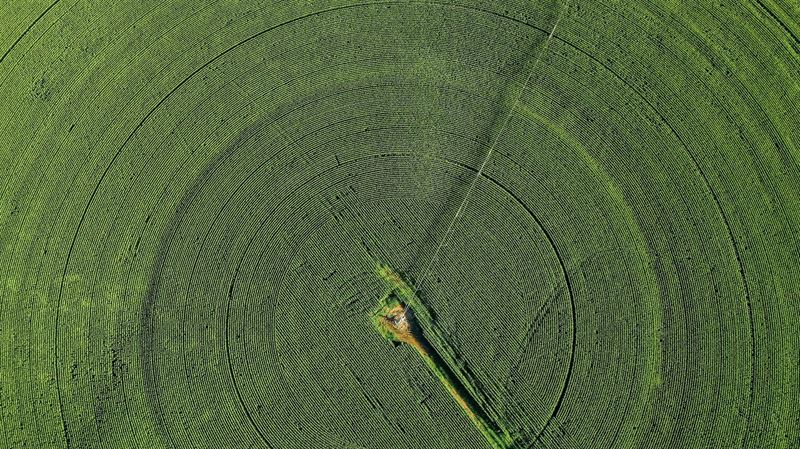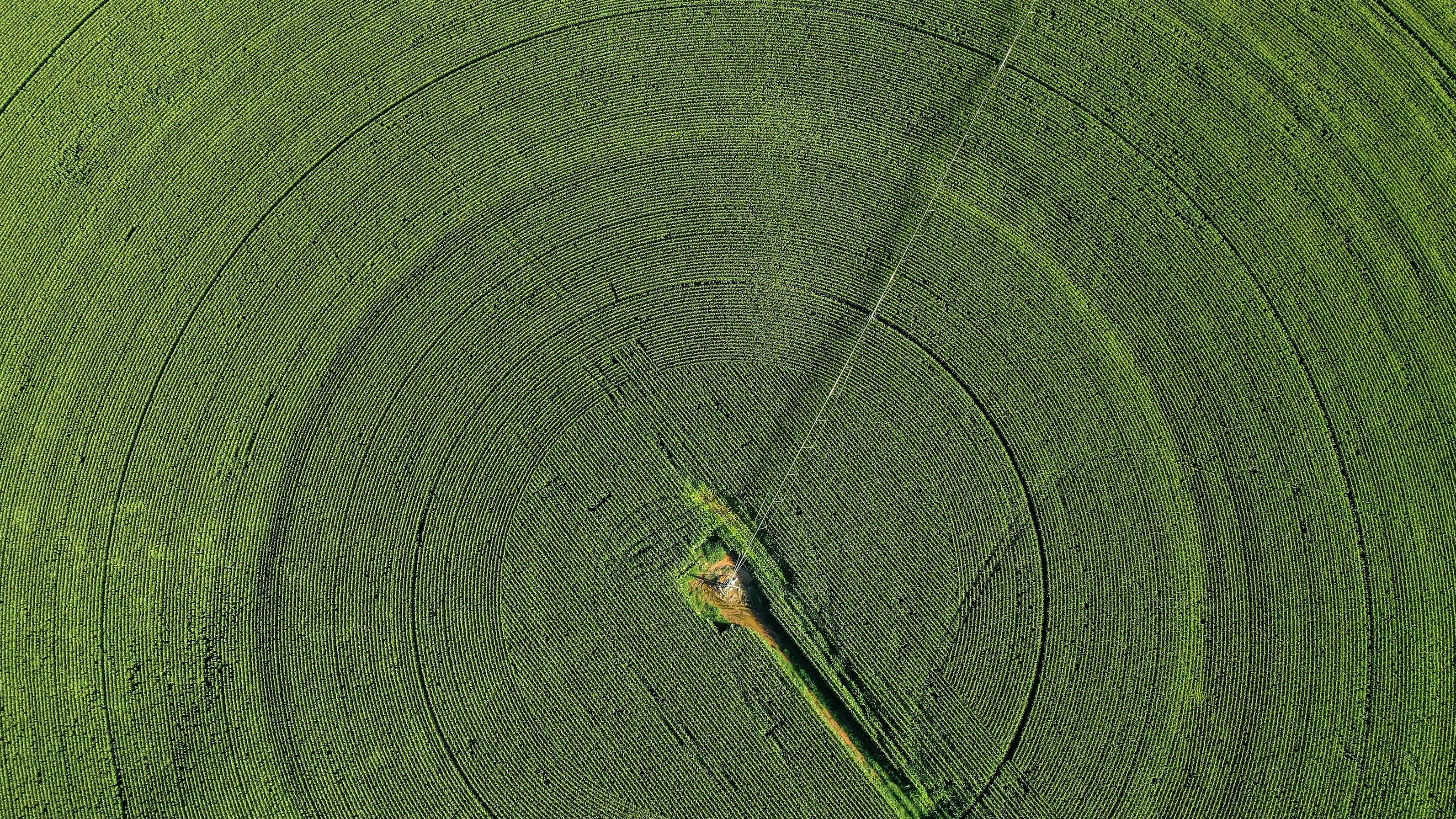Cinis Fertilizer signs agreement with Northvolt

Cinis Fertilizer's business concept is to use a patent-protected technology to produce a circular and fossil-free mineral fertilizer, potassium sulfate, by recovering residual products from Swedish pulp mills or electric car battery production. The founder and innovator Jakob Liedberg came up with the idea when he discovered how much electrostatic precipitator ash (ESP ash) is emitted annually from the pulp mills to the Baltic Sea or Lake Vänern.
“The ash consists mostly of sodium sulfate, which is a harmless salt, which can be used as an input raw material to produce potassium sulfate (also called SOP). Later, discussions began with Northvolt as we understood that they also receive sodium sulfate as a residual product from their battery production. Know this, the business case and the environmental benefits became even more obvious to me,” says Jakob.
In the fertilizer industry, nitrogen, phosphorus, and potassium are the three primary mineral nutrients that must be added to crops to ensure good harvests. Potassium is mainly supplied in agriculture either as potassium chloride (approx. 60 million tons / year) or potassium sulfate (approx. 8 million tons / year). The market for potassium sulfate grows 5-6% per year due to a gradual shift away from potassium chloride, as chlorides are not desirable on dry soils or for hydroponic cultivation where chlorides can accumulate. Furthermore, the market for water-soluble potassium sulfate is increasing, which enables minimal and precise dosing at the time of irrigation (so-called fertigation).
Half of the world's potassium sulfate is today produced through the so-called Mannheim process, where sulfuric acid reacts with potassium chloride in tiled furnaces. The chemical reaction takes place at 700-800 ̊C. To achieve these temperatures, the combustion of very large amounts of oil or natural gas is required, which results in large carbon dioxide emissions.
“The market is looking for more environmentally friendly products and Cinis Fertilizer will therefore produce potassium sulphate through the so-called glaserite route at room temperature and using Swedish carbon dioxide-free electricity as the only energy source. We care about the environment, and it feels very good to soon be able to offer a circular, fossil-free potassium sulfate on the market,” Jakob continues.
The international Dutch fertilizer producer Van Iperen International, with a presence in more than 100 countries, has already before the production facilities in Örnsköldsvik and Skellefteå are completed in 2023 and 2025, respectively, signed a ten-year agreement with Cinis Fertilizer to purchase all the potassium sulfate that will be produced annually (total 300,000 tons / year ).
"Our customers are demanding new ways of increasing their production while at the same time wanting to reduce their climate impact, and we are very happy and proud to be part of Cinis Fertilizer's efforts in northern Sweden," says Erik van den Bergh, CEO of Van Iperen.
“Our production facilities in Örnsköldsvik and Skellefteå will generate about 100 jobs. I would like to take this opportunity to highlight and say thanks for the fantastic response we received from the two municipalities' respective managements, business offices, municipally owned companies, and other partners in Ångermanland and Västerbotten. The interest and aspiration for environmentally friendly alternatives is deeply rooted here and the support we have received locally in Örnsköldsvik and Skellefteå has been outstanding,” Jakob concludes.
About Cinis Fertilizer
Cinis is a Swedish producer of the mineral fertilizer potassium sulphate (K2SO4) which has a global and growing market. Through a fossil-free process, our product is manufactured from recycled industrial waste from the paper and pulp industry as well as from the manufacture of electric car batteries. The production will use half as much energy as today's production methods and the result is a fossil-free fertilizer with a near zero carbon footprint. For more information, visit www.cinis-fertilizer.com.
